In the Vietnamese entertainment market, virtual singers are the "worry" of many real singers. Virtual singer Ann first appeared in the Vietnamese music scene with the MV "How to say I love you".
The explosion of AI
Ann's "father", Bobo Dang, revealed that Ann is an 18-year-old singer with Asian beauty. Besides music , Ann can participate in many other activities including movies, fashion, and commerce. "We have to do many steps such as selecting voice color, digitally recreating and combining recording techniques to create a satisfactory voice. We also use many natural human sounds such as breathing or taking a breath to create authenticity."
Music producer Nguyen Phi Vu said they used AI as a filter to connect vocals in a big data (data storage system). "Ann's voice is not the original voice of one person but is selected by AI based on the voices of many different people," he said.
Previously, virtual singers Michau and Damsan appeared at the 2022 Ho Do International Music Festival in Ho Chi Minh City via hologram projection. The voices were processed from the recording of an anonymous real singer, then converted into virtual sound.
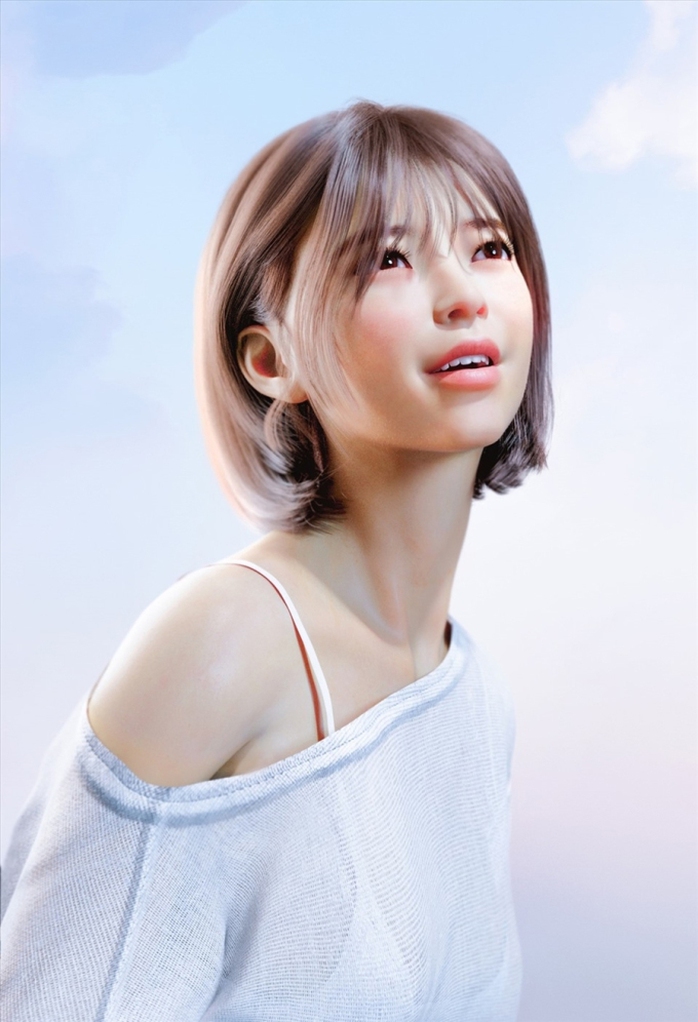
Virtual singer Ann appears for the first time in the Vietnamese music scene. (Photo: BOBO DANG)
Creating virtual voices from AI is not unfamiliar to music in developed countries such as Korea, Japan, and the US. According to experts, the advantage of virtual stars is that they can work tirelessly without any impact. Lionsgate uses AI to change dialogue in movies without having to re-shoot the scene. Spotify uses voice translation software to translate podcasts into different languages. While online influencers use chatbots to interact with fans, Meta's owners work with celebrities to create a series of AI characters that can chat with users.
According to entertainment mogul Jeffrey Katzenberg: "AI will be an essential tool for all forms of storytelling, and especially Hollywood."
As for Caleb Ward, CEO of Curious Refuge - a website that makes videos using artificial intelligence: "I think it's natural to be afraid of change, but we have to understand the truth that AI will dramatically change the way we tell stories." Director, screenwriter and producer Bernie Su added: "AI saves a lot of time and clearly conveys information from one vision to another."
And the fear of AI...
“Too awesome and also terrible” is the common opinion of many people in the entertainment industry when discussing AI. Alibaba recently introduced a new AI tool called EMO that can transform facial expressions, create movements for eyebrows, eyes, lips to lip sync to music.
This advancement in AI has many people excited and scared. For example, just take a portrait of Leonardo DiCaprio when he was young and apply EMO, many people will mistake it for the actor singing.
"Now anyone can recreate themselves at any age using AI or face transplant technology," said superstar Tom Hanks. The actor asserted that this is not only an artistic issue but also a legal challenge.
At the Vietnam - Korea Copyright Forum 2024 held in Ho Chi Minh City in March 2024, Ms. Lee Ha Young, Deputy Head of the Trade - Cultural Cooperation Department of the Ministry of Culture, Sports and Tourism of Korea, said that this country constantly has to find ways to respond to the development of AI, especially copyright infringement.
She said that AI musician Lee Bom had received royalties for 3 consecutive years, from 2019-2022, as a real musician. Lee Bom, in the 6 years since her debut in 2019, has composed 300,000 songs, sold 30,000 songs, and earned 600 million won in revenue.
It was not until the end of 2022 that the Korean Music Copyright Association stopped paying royalties because it agreed not to accept works created by AI.
Since early 2024, artists from many countries around the world have strongly protested when AI creators went beyond the limit.
Most recently, more than 200 musicians and singers in the US have signed a letter asking technology companies to commit to not using AI to steal the voices and images of artists. This group includes Billie Eilish, Stevie Wonder, Nicki Minaj..., and many other famous people.
Recently, the case of AI using the voice and image of Vietnamese singers for different purposes has been criticized. Although the creator of the clip of People's Artist Le Thuy singing in Korean and Thai has deleted it, on some social media platforms, there are still "traces" of this product. In response to this incident, People's Artist Le Thuy was extremely upset because many audiences misunderstood that the female artist was following trends and singing music that was not suitable for her.
Source: https://nld.com.vn/suc-cong-pha-cua-ai-trong-gioi-giai-tri-196240502215423769.htm






![[Photo] National Assembly Chairman Tran Thanh Man receives First Vice Chairman of the Federation Council of the Federal Assembly of the Russian Federation](/_next/image?url=https%3A%2F%2Fvphoto.vietnam.vn%2Fthumb%2F1200x675%2Fvietnam%2Fresource%2FIMAGE%2F2025%2F12%2F02%2F1764648408509_ndo_br_bnd-8452-jpg.webp&w=3840&q=75)

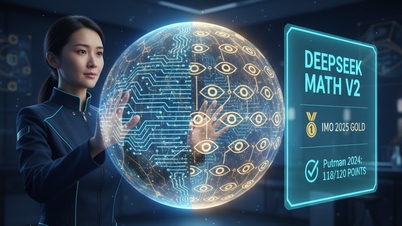

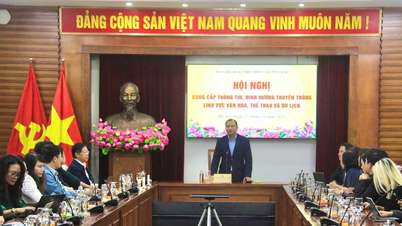

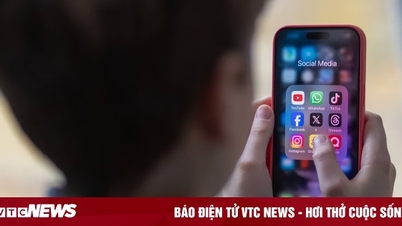








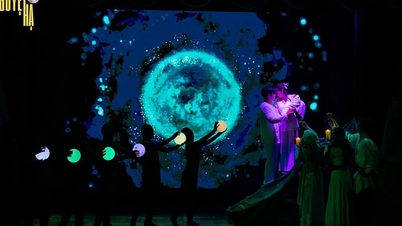
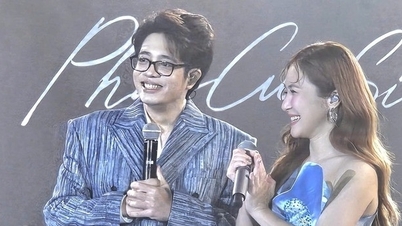

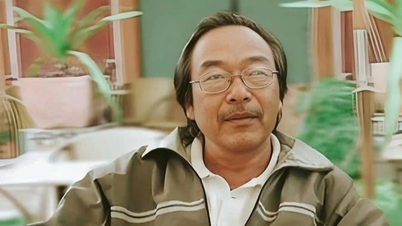

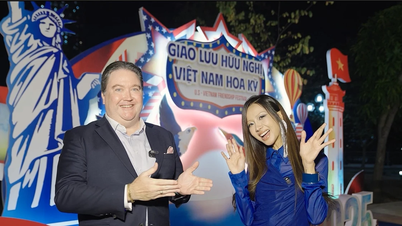

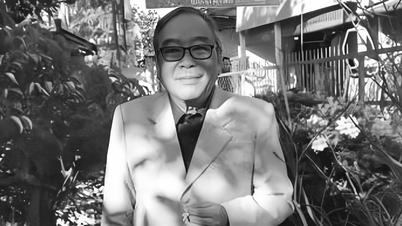




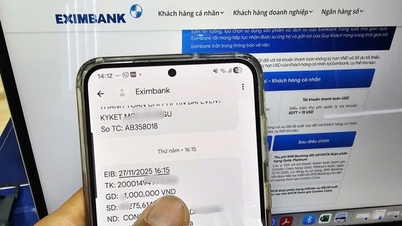


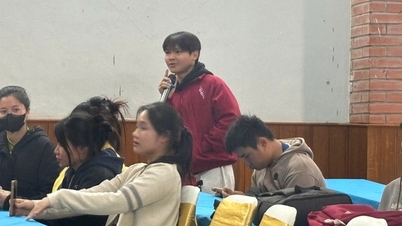








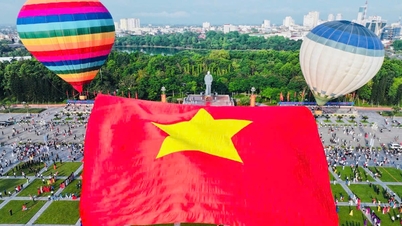

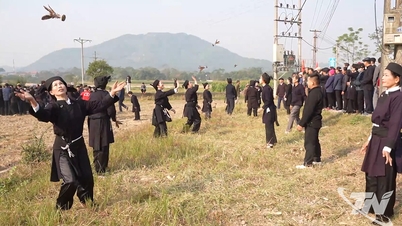








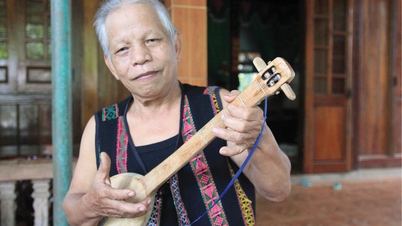

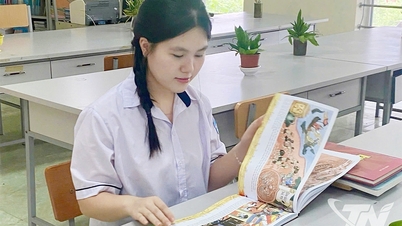
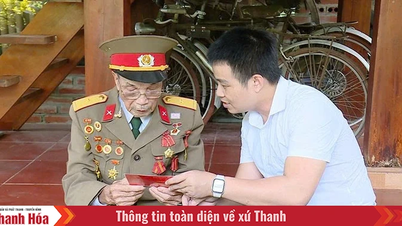



















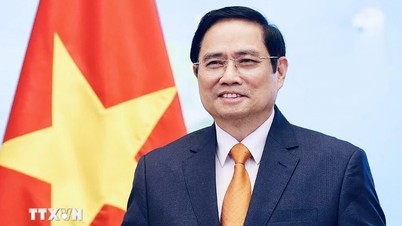

![[Photo] General Secretary To Lam and his wife attend the 50th Anniversary of Laos National Day](https://vphoto.vietnam.vn/thumb/402x226/vietnam/resource/IMAGE/2025/12/02/1764644139308_1.jpeg)

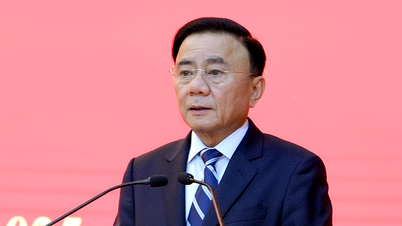
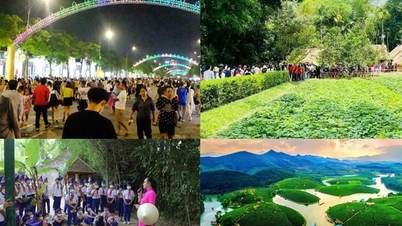


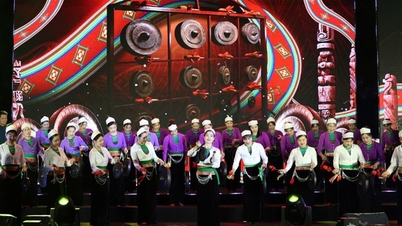

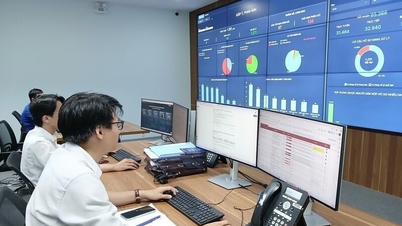
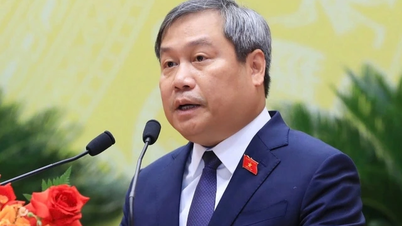
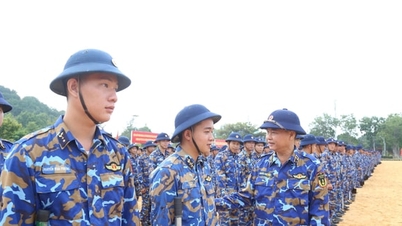


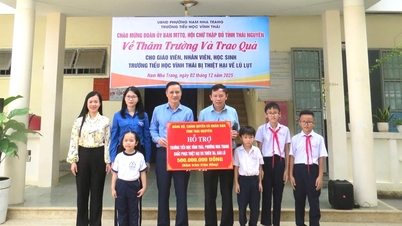




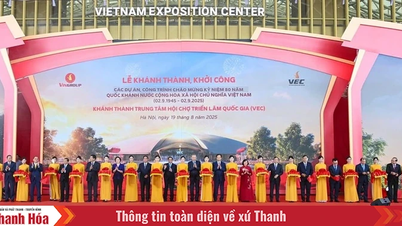












Comment (0)